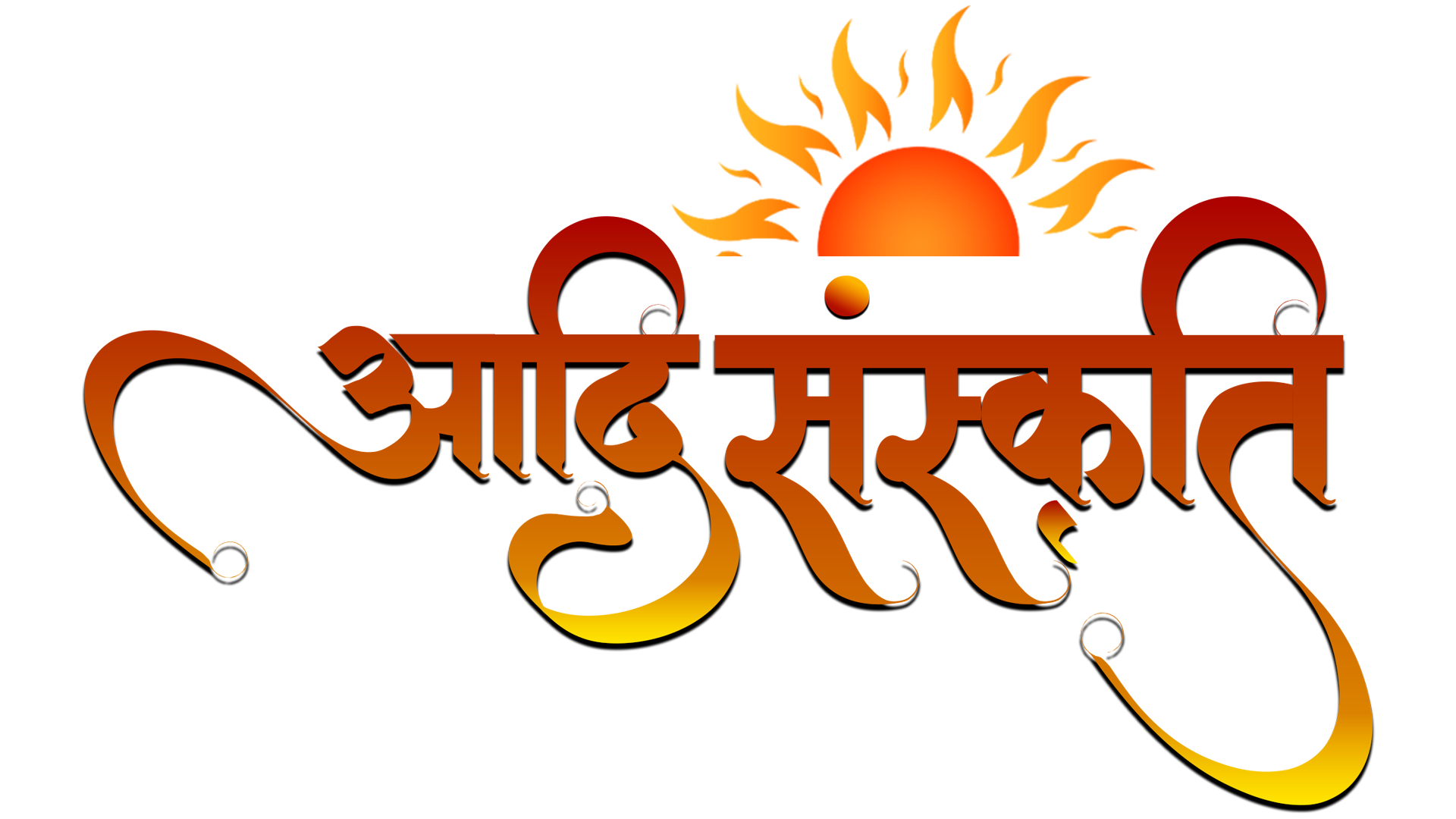tribal livelihood
Panchmahali Bhil Tribe, gujarat

The Panchmahali Bhil Tribe mostly inhabits the Dahod and Panchmahal districts of Gujarat. Locals believe that they are descendants of a son of God Shankar and a spirit of the forest, and their origin is marked with a mix of mythology and nature worship. The Panchmahali Bhils have a deep cultural connection with nature, which comprises extensive wooded areas offering resources necessary for their community. The Gujarati-influenced Panchmahali Bhili language is well spoken among them.

The Panchmahali Bhils depend mainly on agriculture as their means of livelihood. They till rain-fed fields and produce staple food crops like maize, and other crops like wheat, rice, pulses, and vegetables. The cultivation of lands is crucial in maintaining their livelihood, using wooden implements like pestles and ploughs made from locally available resources. The women also construct earthen storage structures known as "kothi" for the storage of grains, retaining the harvest for the next year. This self-sufficient rural life is highly ingrained in their indigenous customs.

Panchmahali Bhils do festival their traditions as they mark the festivals like Holi, Diwaso, and Diwali as symbols of community culture. Additionally, they indulge in melas, which come round annually as during the Gaud Gadheronu Mela where young adults find marriage mates. Their own festivity reflects strongly in commonalities, especially since these remain unchanged traditions transmitted across many years. The tribe prays to natural things as well as certain Hindu gods, incorporating their faith with ceremonies that affirm their relationship with nature and spirituality.

The Panchmahali Bhils encounter several challenges, including restricted access to modern resources and exposure to environmental fluctuations in rain-fed agriculture. Since their farming practices are directly linked with natural rainfall, weather fluctuations can affect crop yield, thus jeopardizing their food security. The impact of modern development has also influenced their traditional way of life, making it difficult to sustain cultural practices and natural resource-based livelihoods in a changing socio-economic environment.

Sustainability initiatives among the Panchmahali Bhils are oriented towards preserving their farming practices and improving climate variability resilience. Their efforts are based on encouraging sustainable agricultural methods with respect to their indigenous knowledge and making resources available for productivity improvements. Preservation of their cultural use and environmentally friendly use of resources helps maintain their distinct way of life. These efforts enable the tribe to maintain its culture while evolving with the challenges that come with an ever-changing environment, promoting community health and conservation of the environment.


